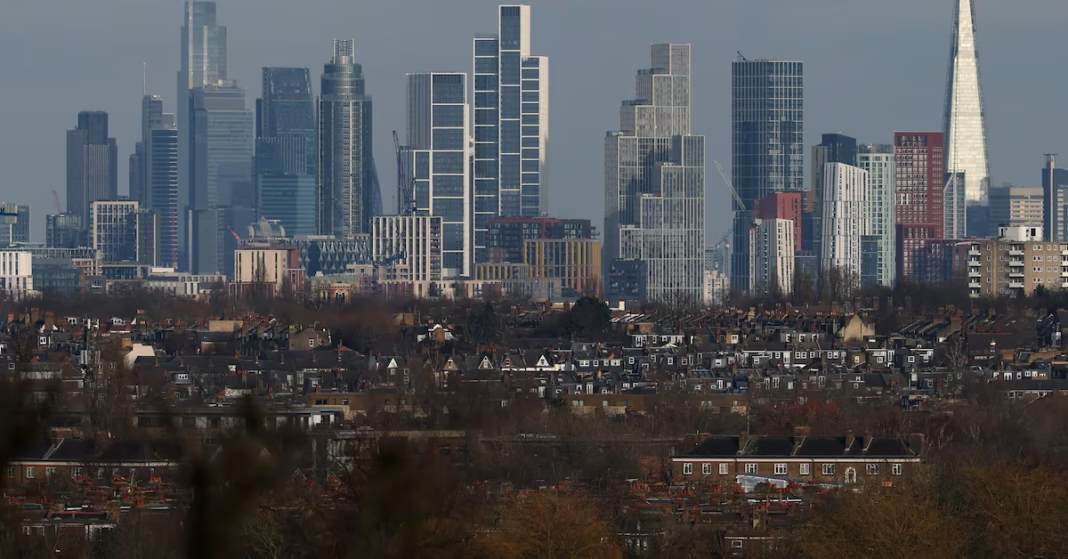The UK economy delivered a stronger-than-expected performance in February, expanding by 0.5%—a significant boost for Chancellor Rachel Reeves ahead of expected headwinds from escalating global trade tensions.
Analysts had forecast a modest rise of just 0.1%, but official figures revealed more robust growth, marking a turnaround from January, when GDP was initially reported to have shrunk by 0.1%, though that figure has since been revised to show flat growth.
Every major sector of the economy contributed to February’s expansion. Manufacturing showed notable signs of recovery after a prolonged slump, while construction bounced back from a January contraction, reflecting possible early benefits from government measures to stimulate housebuilding. The services sector also made gains, with strong performances in areas such as computer programming, telecommunications, and vehicle sales.
Consumer activity remained resilient, with services linked to household spending growing for the fourth consecutive month, rising by 0.7% compared to January. Overall, the services sector grew by 0.3% month on month.
Industrial production climbed by 1.5%, recovering from a 0.5% dip in January. Manufacturing output jumped by 2.2%, led by increases in metal production, transport equipment, and pharmaceuticals—rising by 2.1%, 1.8%, and 4.4% respectively. Some analysts attributed this to a surge in orders as firms sought to get ahead of impending tariffs—an effect known as “tariff frontrunning.”
Spending on holidays also appeared strong, with income among travel agents and tour operators rising by 8.1% in the three months leading up to February, compared to the previous quarter. This suggests households were willing to dip into disposable incomes for travel, despite lingering concerns over inflation.
The stronger GDP figures provided a temporary boost for the government, with ministers welcoming the improved economic picture while acknowledging significant challenges remain.
However, economists have warned the growth may be short-lived. The impact of new trade tariffs introduced by U.S. President Donald Trump, particularly targeting steel and key trading partners, is expected to weigh on UK exports, investment, and consumer sentiment in the months ahead. Domestically, businesses are facing £25 billion in tax increases, and consumers are grappling with higher utility bills and council tax rises.
Commentators have cautioned that the current momentum may not carry through the spring and summer. While February’s data paints a more optimistic picture, overall growth has been patchy—expanding in only four of the last nine months. Broader indicators still point to a fragile recovery.
Chancellor Reeves acknowledged the pressures facing businesses and households and emphasized the government’s commitment to striking a favorable trade agreement with the United States. She reiterated the administration’s focus on stimulating growth, safeguarding livelihoods, and driving long-term renewal.
In a more critical response, opposition voices claimed the current economic policy had yet to prove its long-term effectiveness, with concerns still lingering over inflation, public borrowing, and stagnant growth forecasts.
Despite February’s positive figures, many agree that the UK economy still faces a long road to recovery amid a challenging global environment.
For more business news updates, follow London Pulse News.


